Tag: ballot measure
-
Five states certify measures on vote thresholds for ballot initiatives and amendments; one additional measure is pending
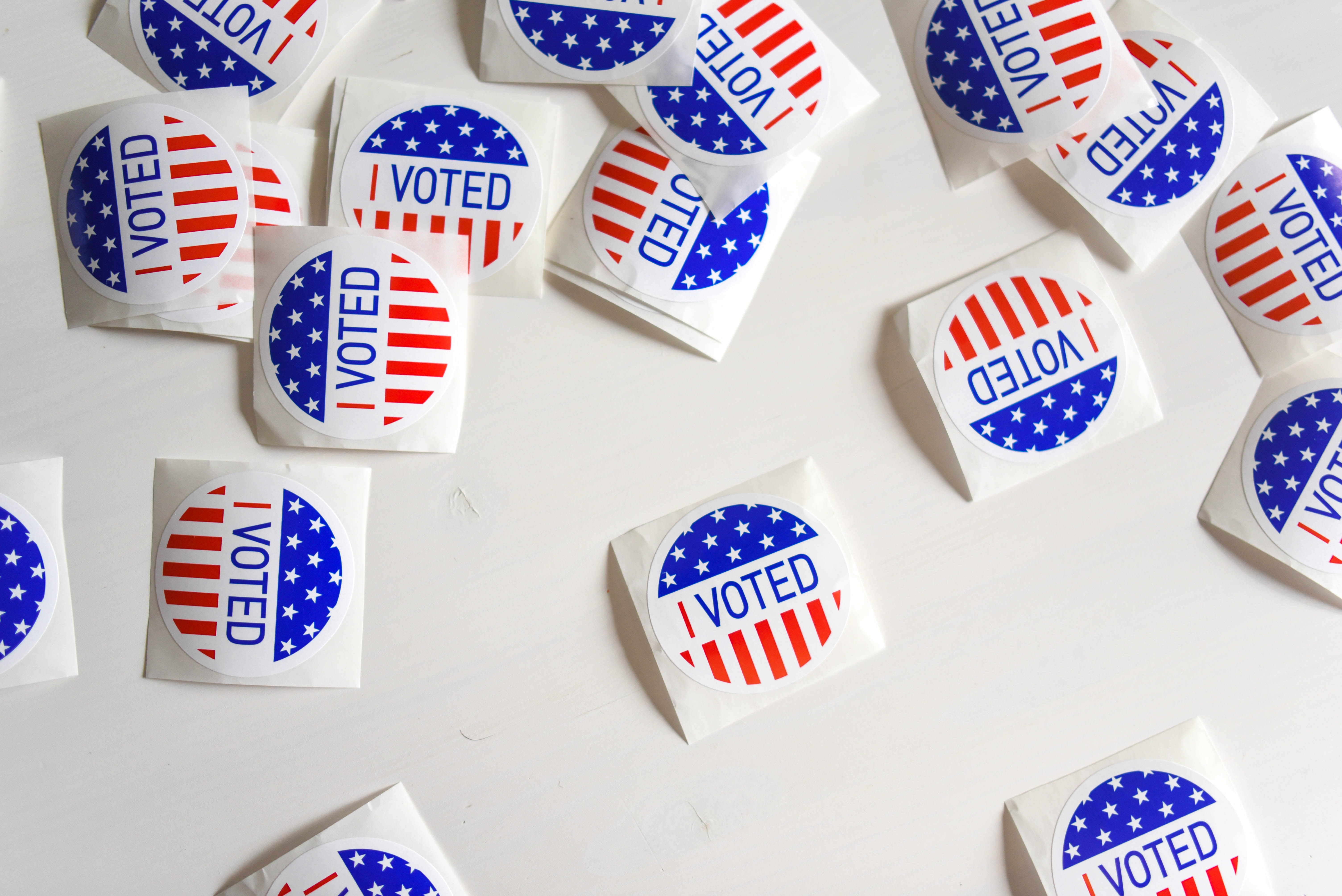
Voters in up to six states could decide on ballot measures establishing or changing vote requirements for initiatives and amendments in 2026. Five states have already certified their respective measures for the ballot, and one is a proposed legislative referral that requires additional votes for certification. Measures certified for the ballot Five states have ballot…
-
With 322 local ballot measures, 2025 saw the highest total in the largest cities and state capitals for any odd-numbered year since at least 2017
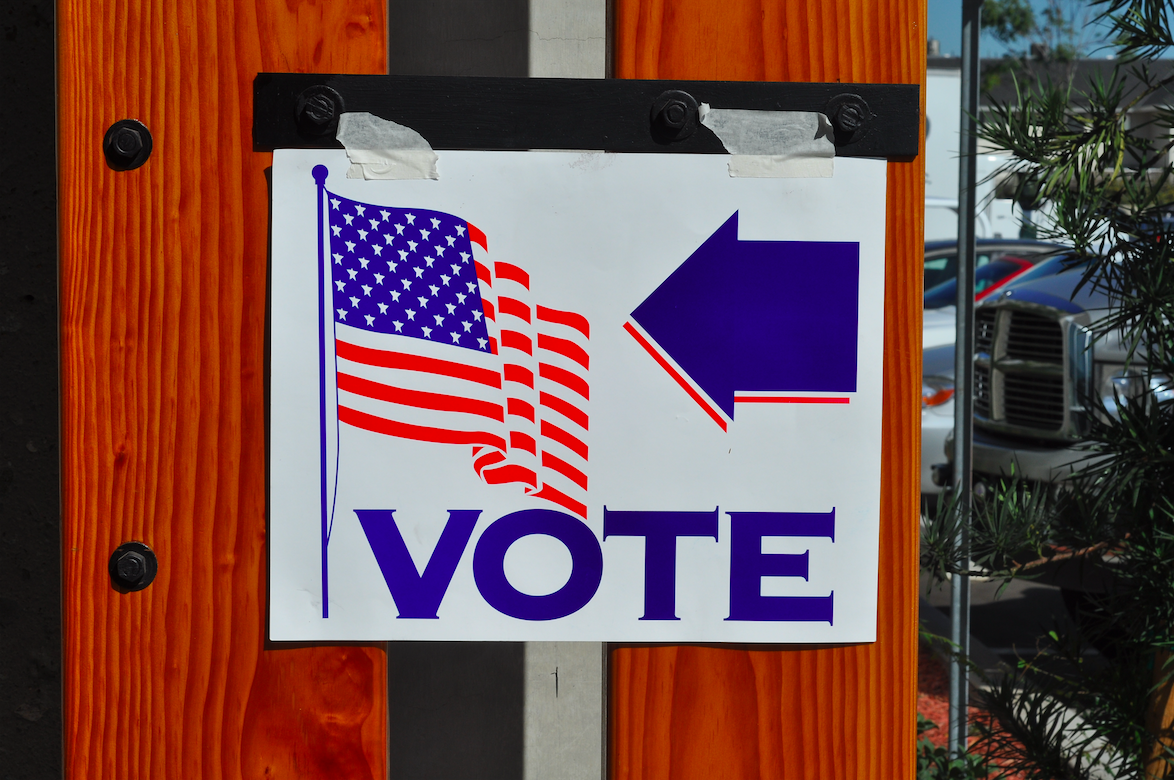
In 2025, 322 local measures appeared on ballots in the top 100 largest cities in the U.S. and in state capitals. This included citywide measures, countywide measures, special district measures, and school district measures. The 322 local measures appeared in 29 different states on 21 different election dates. This is the highest number of local…
-
Signatures are being collected for four potential citizen-initiated measures, addressing elections to taxes, in Michigan for 2026

Michigan voters could decide on up to four citizen-initiated ballot measures in 2026. None has been certified yet, but proponents filed to collect signatures for each measure to qualify for the ballot. There are three citizen-initiated constitutional amendments and one initiated state statute that have been filed with the Michigan Board of State Canvassers. Three…
-
Ballot measure update: No new measures certified in November; 11 ballot initiative campaigns in Massachusetts and two initiatives in Alaska and Colorado submit signatures for 2026
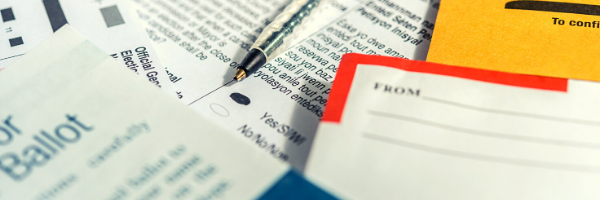
No new measures were certified in November for 2026. So far, voters in 28 states will decide on 56 ballot measures next year. At this point in the election cycle, an average of 52 ballot measures were certified between 2010 and 2024. An average of 161 statewide ballot measures—53 initiated measures and 108 referred measures—appeared…
-
Voters in eight states could decide on 12 ballot measures related to sex, gender, and LGBTQ issues in 2026
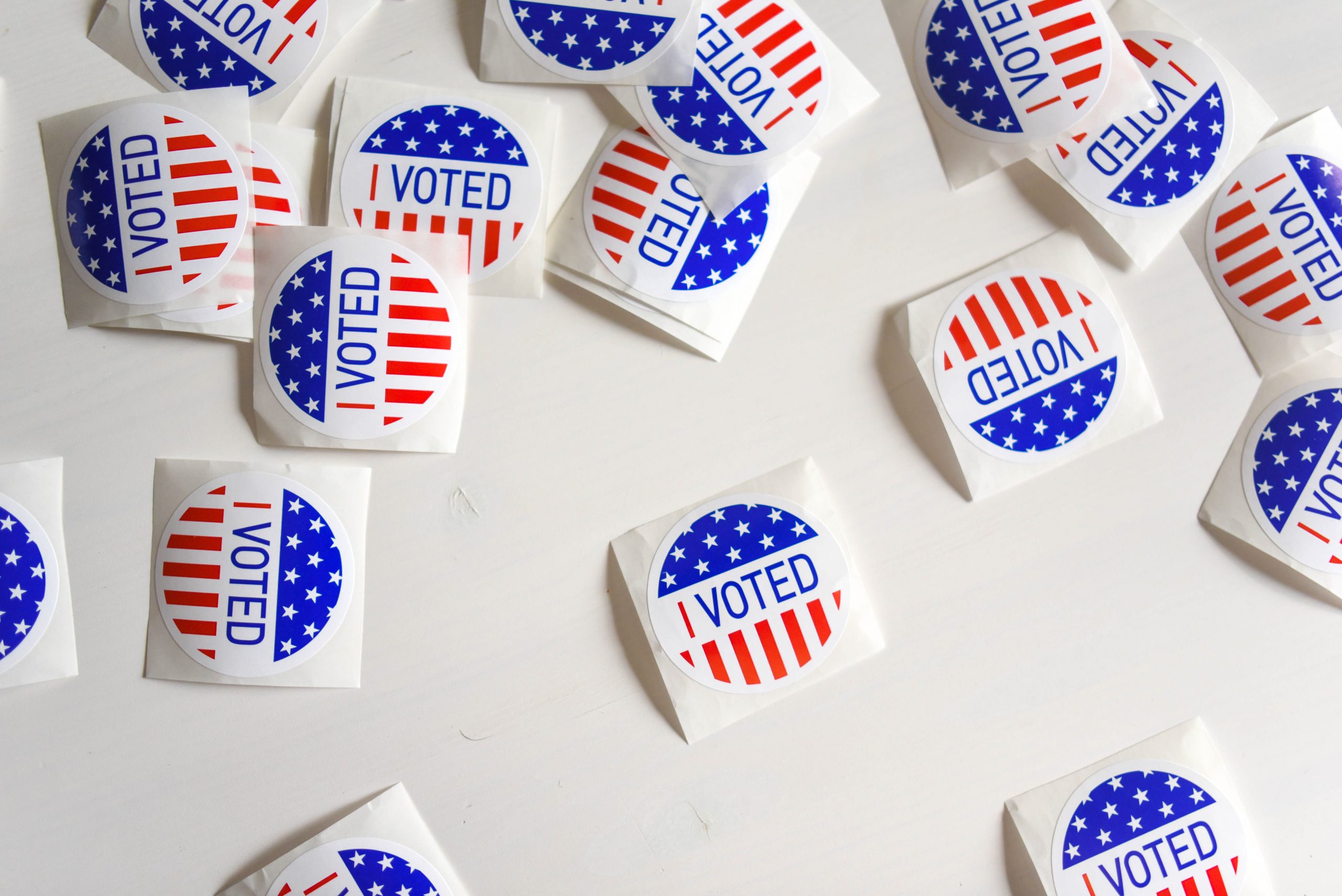
Voters in eight states could decide on 12 ballot measures related to sex, gender, and LGBTQ issues in 2026. Of these 12 measures, one has been certified for the ballot—Missouri Amendment 3. The other 11 are proposed, either citizen-initiated ballot measures that have been cleared for signature gathering or legislative referrals that require additional votes.…
-
Signatures submitted for 2026 Colorado ballot initiative related to fentanyl penalties
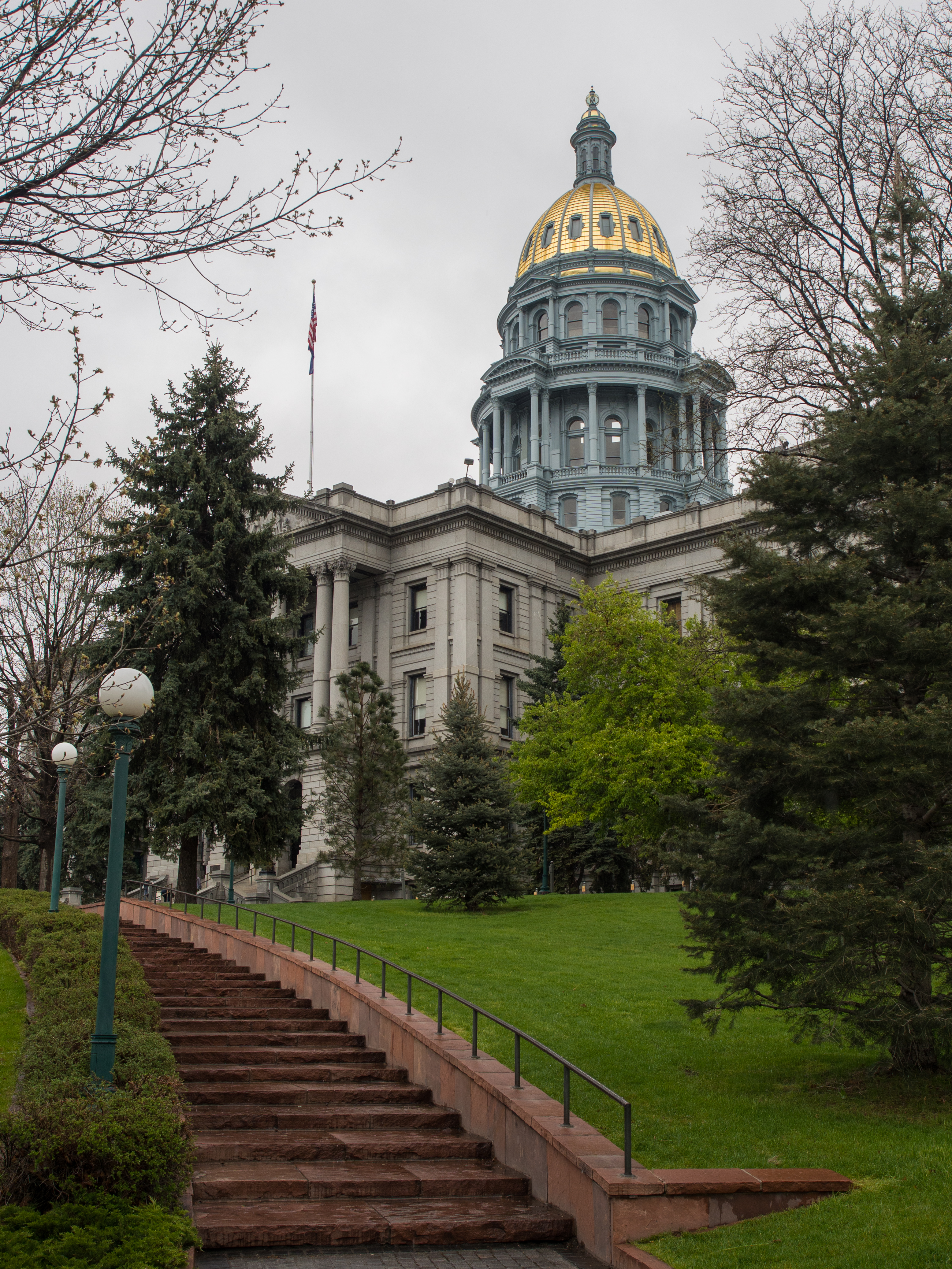
In Colorado, signatures were submitted on Nov. 20 to the secretary of state for a ballot initiative that would increase the penalties for the manufacturing, sale, and possession of fentanyl. The filing deadline for this measure, referred to as Initiative 85, was Nov. 28. Along with expanding those penalties, Initiative 85 would also establish mandated…
-
Shasta County voters to decide on charter amendment requiring voter ID and hand-counting ballots, and appeals court invalidates Huntington Beach voter ID measure
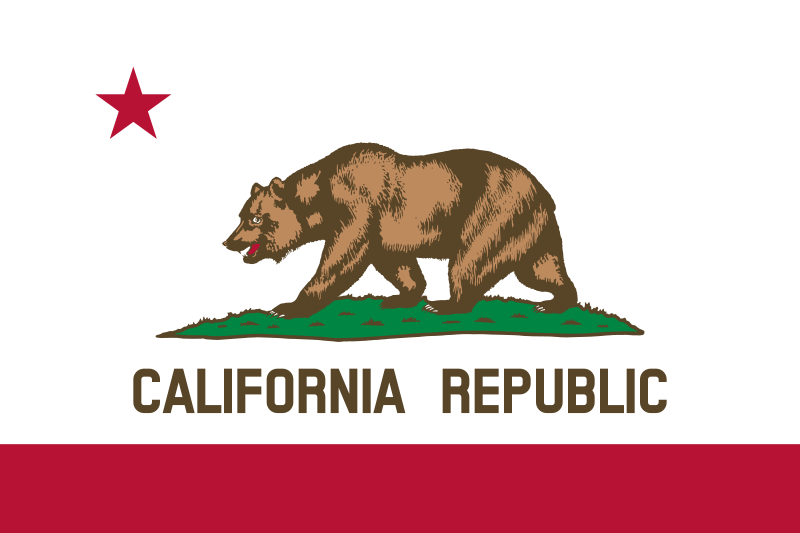
In California, two recent actions have involved local ballot measures proposing voter ID requirements. In Shasta County, a citizen-initiated charter amendment addressing voter ID and other election administration policies qualified for the June 2, 2026, ballot. In Huntington Beach, a state Court of Appeal ruled that a voter-approved charter amendment requiring voter ID violated state…
-
Signatures submitted for ballot initiative to repeal Alaska’s top-four ranked-choice voting system; would be the state's third ballot measure on RCV
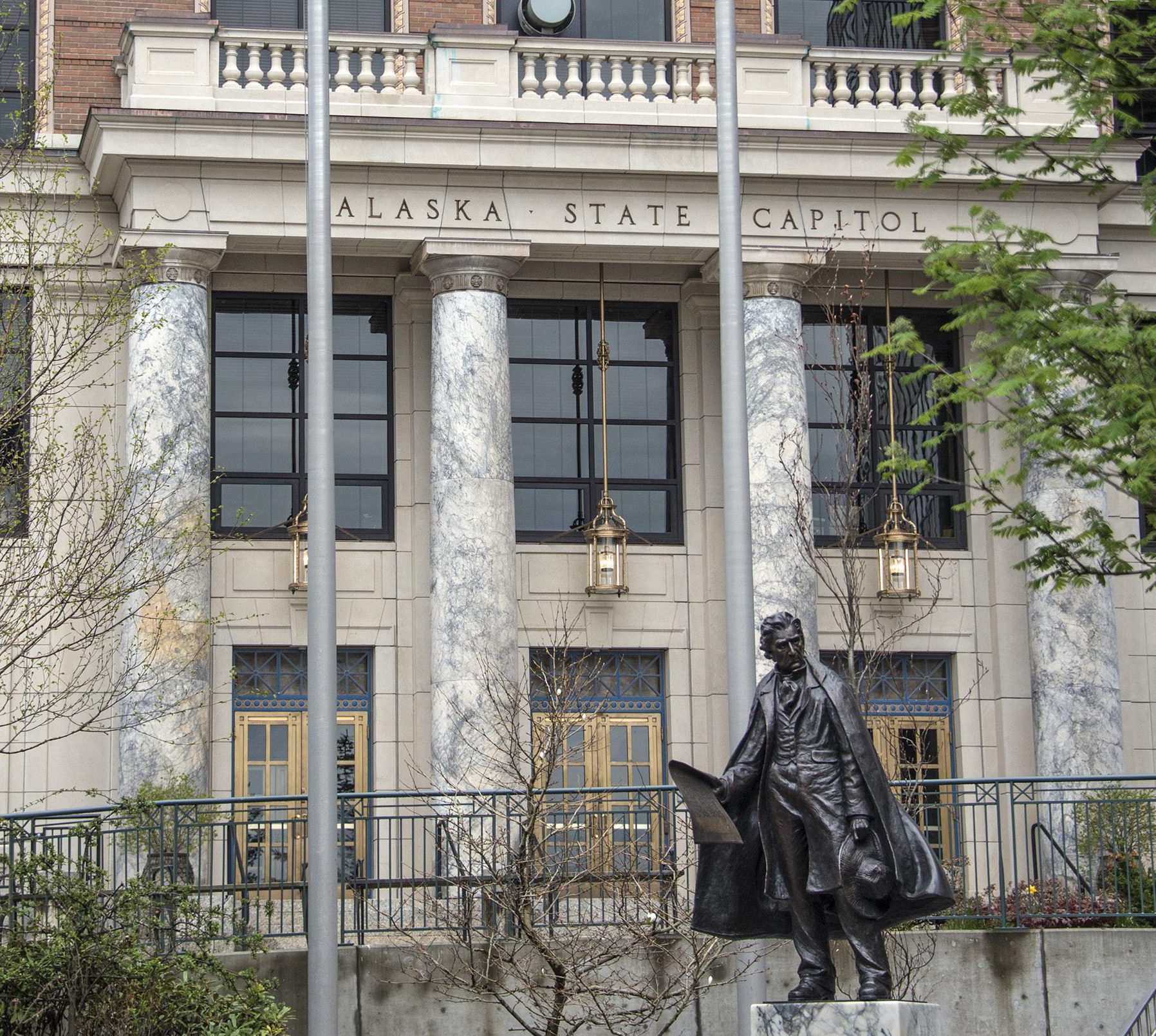
In Alaska, Repeal Now, an organization supporting an effort to repeal the state's ranked-choice voting system, submitted 48,000 signatures to the Division of Elections on Nov. 6, 2025. At least 34,098 signatures must be found valid to appear on the ballot. The initiative would eliminate the state's top-four ranked-choice voting (RCV) system, which combines top-four…
-
California voters approve new congressional map for use through 2030
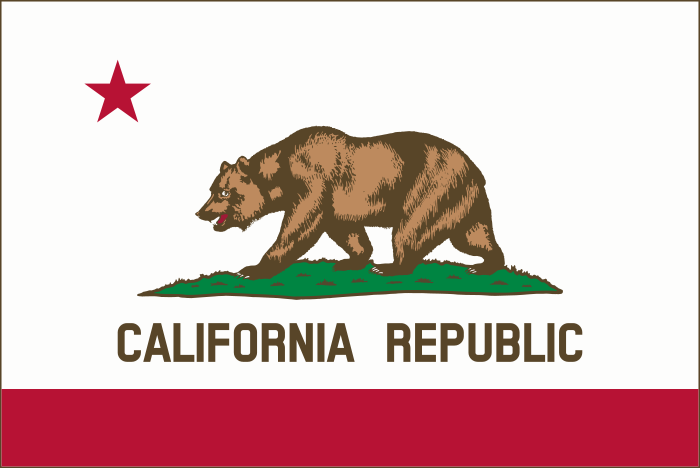
California became the fifth state to redraw its congressional districts ahead of the 2026 elections after voters approved Proposition 50 on Nov. 4. The new map makes five districts more favorable to Democrats according to 2024 presidential results. That could lower the net gains from redistricting in Republican-led states from nine districts to four nationwide.…
-
Texas voters approve all 17 constitutional amendments, including prohibiting certain future taxes, adding parental rights, and prohibiting noncitizens from voting in state and local elections
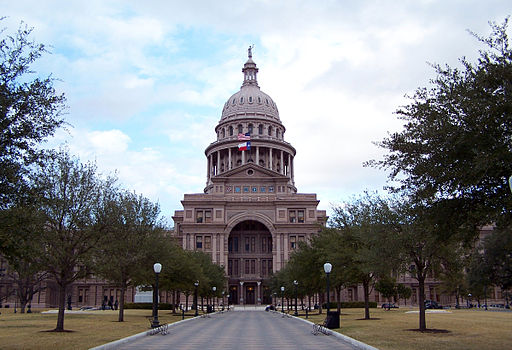
Texas voters approved 17 constitutional amendments on Nov. 4, with support ranging from 57% to 89%. The average approval rate was 70%. The measure with the closest margin was Proposition 6, which prohibits the state legislature from enacting laws that impose an occupation tax on a registered securities market operator or a securities transaction tax.…

